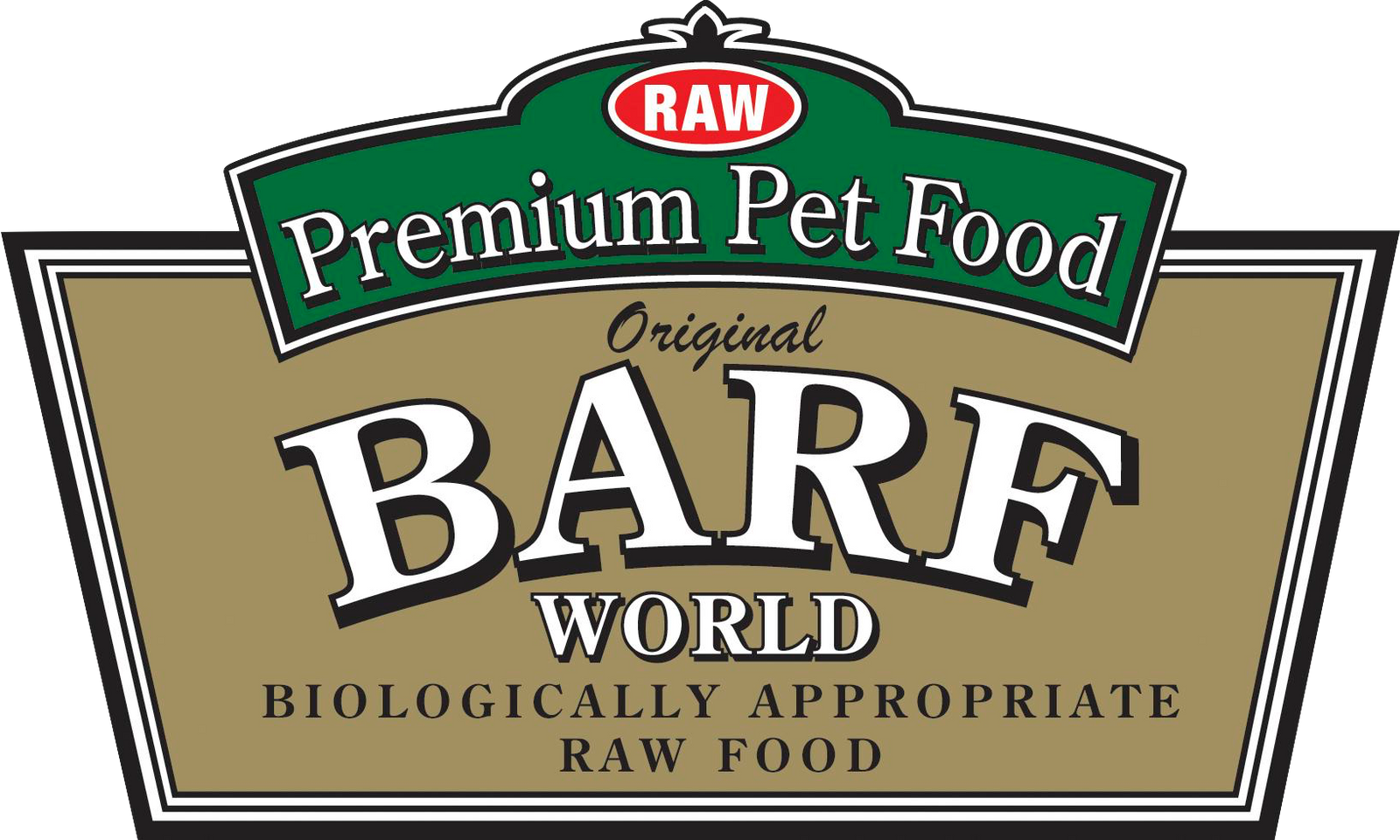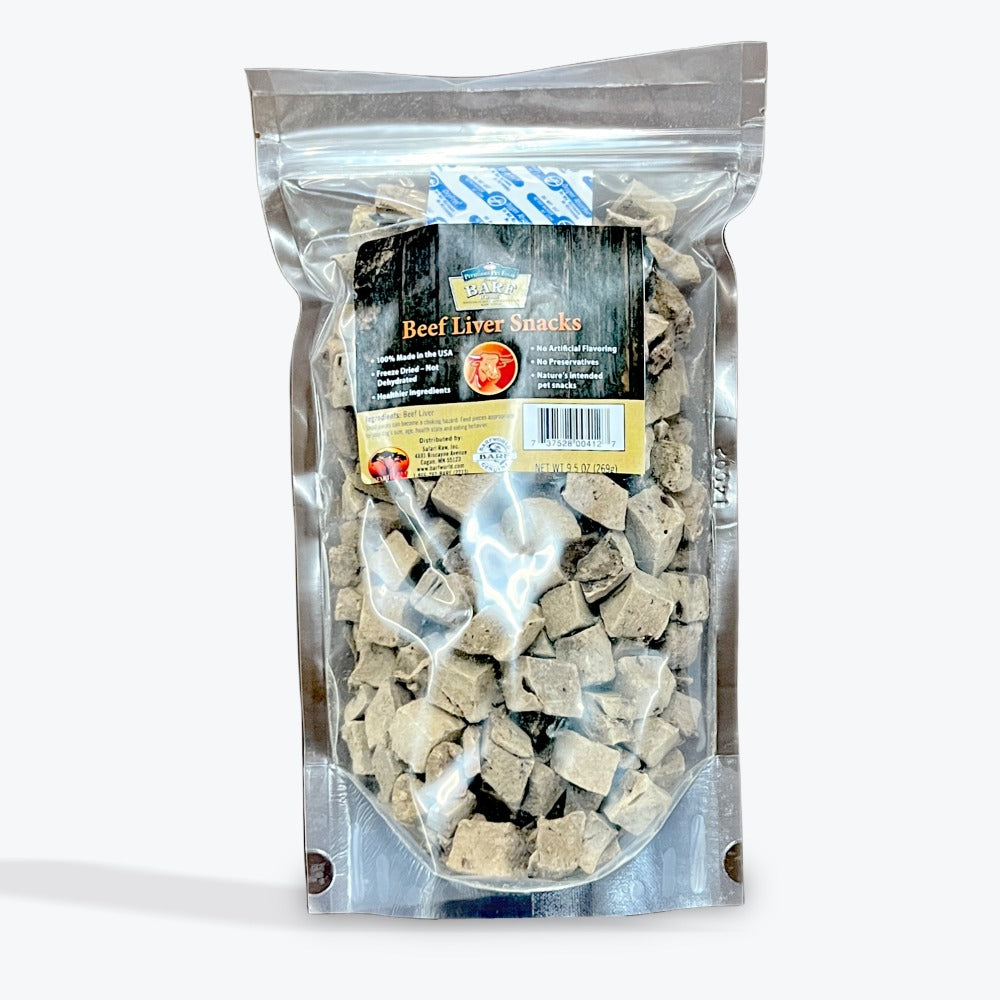Pet owners who feed a bones and raw food diet (BARF) to their dogs and cats understand just how important nutrition is to the overall health and well-being of their pets. These savvy pet parents read ingredients labels before deciding upon the best diet for their companion animal.
In talking with our clients who are strict when it comes to the food they feed their pets, one thing that many unknowingly overlook are the treats they reward their pets with. So today I thought I would touch on the do’s and don’ts of pet treats to help highlight the importance of good nutrition – from bowl to hand.
Many pet owners use treats on a daily basis. Treats are put to good use when dog owners are training, rewarding or simply giving their dog a midday snack.
Here is a list of a few good reasons to use treats:




